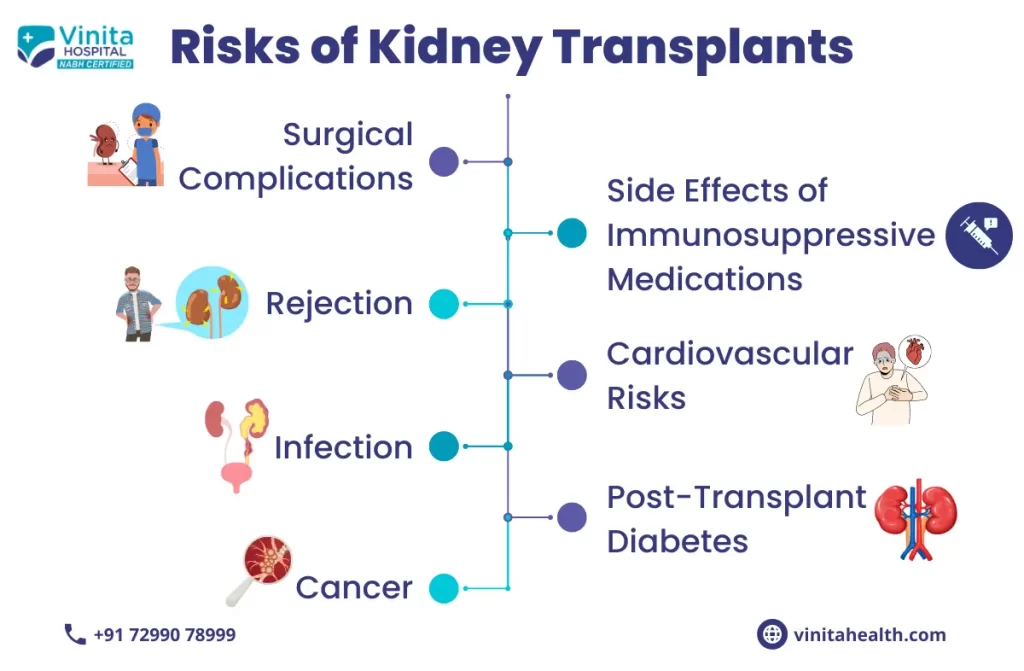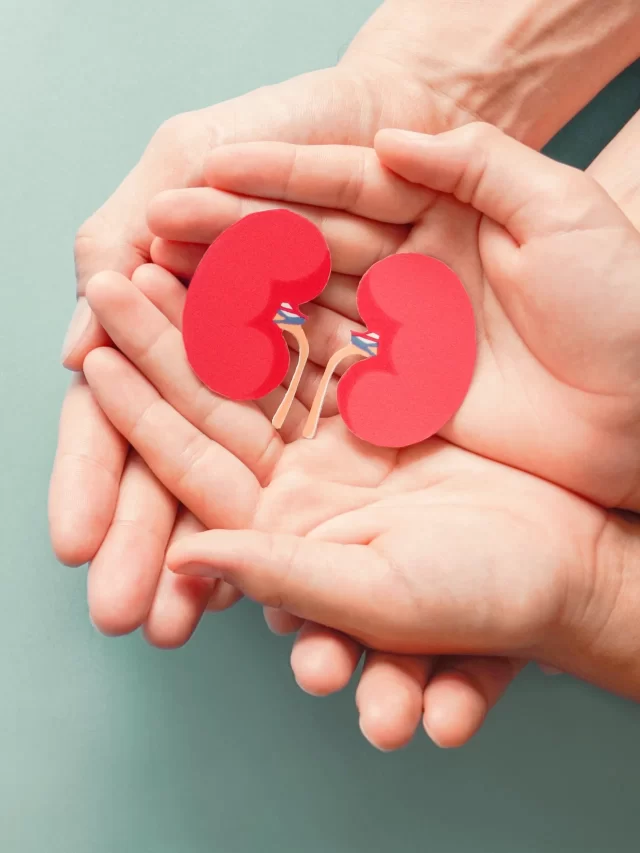Kidney transplants have revolutionized the field of medicine, offering hope to countless individuals grappling with kidney failure. However, it’s only natural to wonder: Do kidney transplants work? This blog delves into the success rates, benefits, challenges, and factors influencing the effectiveness of kidney transplants.
Understanding Kidney Transplants: Do Kidney Transplants Work?
A kidney transplant involves surgically replacing a diseased or nonfunctional kidney with a healthy one from a living or deceased donor. This procedure is considered the optimal treatment for end-stage renal disease, offering recipients a chance at a healthier life.

Success Rates and Factors
“Do kidney transplants work?” – The success rates of kidney transplants provide compelling evidence of their effectiveness.
- Short-Term Success: Kidney transplants have an impressive short-term success rate, with survival rates exceeding 90% in the first year post-transplant. If you are still in dilemma why kidney transplant? You should understand that factors like advancements in surgical techniques, improved immunosuppressive medications, and better donor matching also contribute to success.
- Long-Term Outlook: While considering do kidney transplants work? You should know that long-term success rates remain high and there can be challenges over time. Factors such as organ rejection, infections, and side effects of immunosuppressive drugs can affect the longevity of the transplanted kidney. However, advancements in medical research are continuously improving these outcomes.
Benefits of Kidney Transplants
If the question of do kidney transplants work has ever crossed your mind, it’s crucial to recognize their associated benefits, which encompass:
- Enhanced Quality of Life: Successful kidney transplants significantly enhance recipients’ quality of life. They can resume normal activities, travel, and enjoy a more unrestricted diet compared to dialysis patients.
- Elimination of Dialysis: The answer to the question “Why kidney transplant?” By negating the need for frequent and physically/emotionally taxing dialysis sessions, kidney transplants bestow individuals with a revitalized opportunity for a healthier and more enriching life.
- Improved Longevity: Kidney transplant recipients generally have longer life expectancies compared to those on long-term dialysis.
Challenges and Considerations
While contemplating the question – do kidney transplants work? It’s important to also acknowledge the existing challenges and factors that come into play.
- Organ Shortage: The demand for kidney transplants far exceeds the availability of organs. This shortage underscores the importance of organ donation and drives the need for ongoing advocacy.
- Immunosuppression: Recipients must take immunosuppressive medications to prevent rejection of the transplanted kidney. While these medications are crucial, they can lead to side effects and compromise the immune system.
- Risk of Rejection: While pondering why kidney transplants are and what are their advancements, it’s important to acknowledge that the risk of organ rejection still persists. Close monitoring and adherence to medication regimens are essential to mitigate this risk.
- Lifestyle Changes: Transplant recipients need to adopt certain lifestyle changes, including dietary modifications, exercise, and medication management, to ensure the longevity of the transplanted kidney.
Conclusion
To conclude, the answer to the question “Do kidney transplants work?” is a definite yes. Kidney transplants have revolutionized lives, restoring hope, health, and independence to those grappling with kidney failure. Despite challenges, ongoing medical advancements enhance transplant success rates and outcomes. Understanding success factors and benefits underscores the transformative power of kidney transplantation.
Read also Best Hospital for Dialysis in Chennai.






